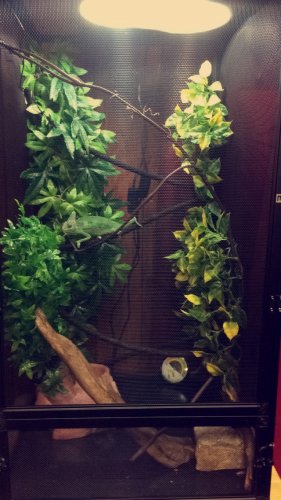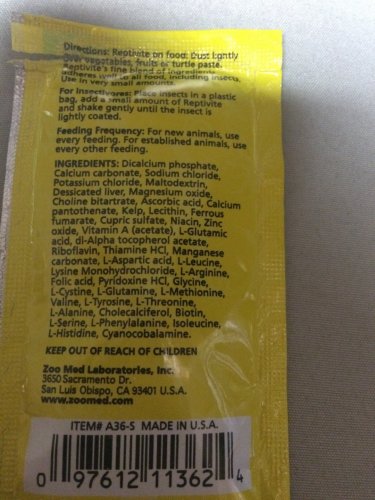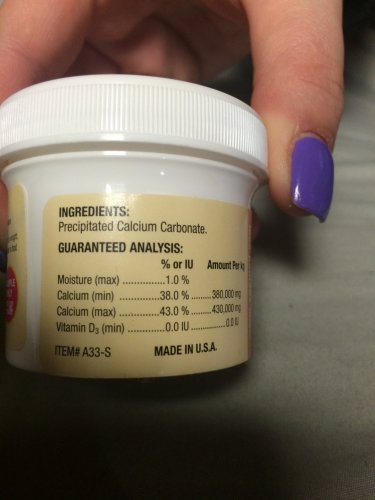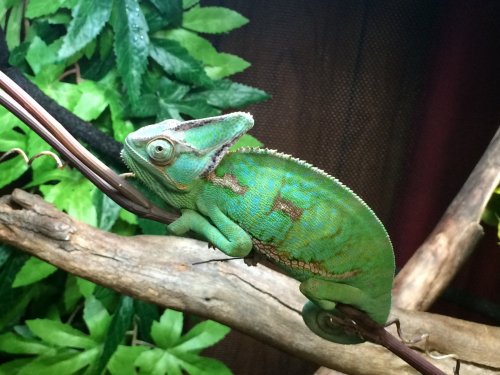JaxyGirl
Avid Member
Hi Noah, sorry your guy isn't feeling very good. It would help us a lot if you could fill this form out and give us some pictures of his enclosure.Does he look healthy? Idk what else I could do he has water food and the right temp humidity and bulbs.
https://www.chameleonforums.com/threads/how-to-ask-for-help.66/
It looks like the red bulb is a night time heat lamp? If it is, You definitely don't want to use that because chams need a drop in temperature at night. Also any bulb at night can keep your Cham awake and they need total darkness at night.
So please fill out this how to ask for help form so we can help you https://www.chameleonforums.com/threads/how-to-ask-for-help.66/ake.







